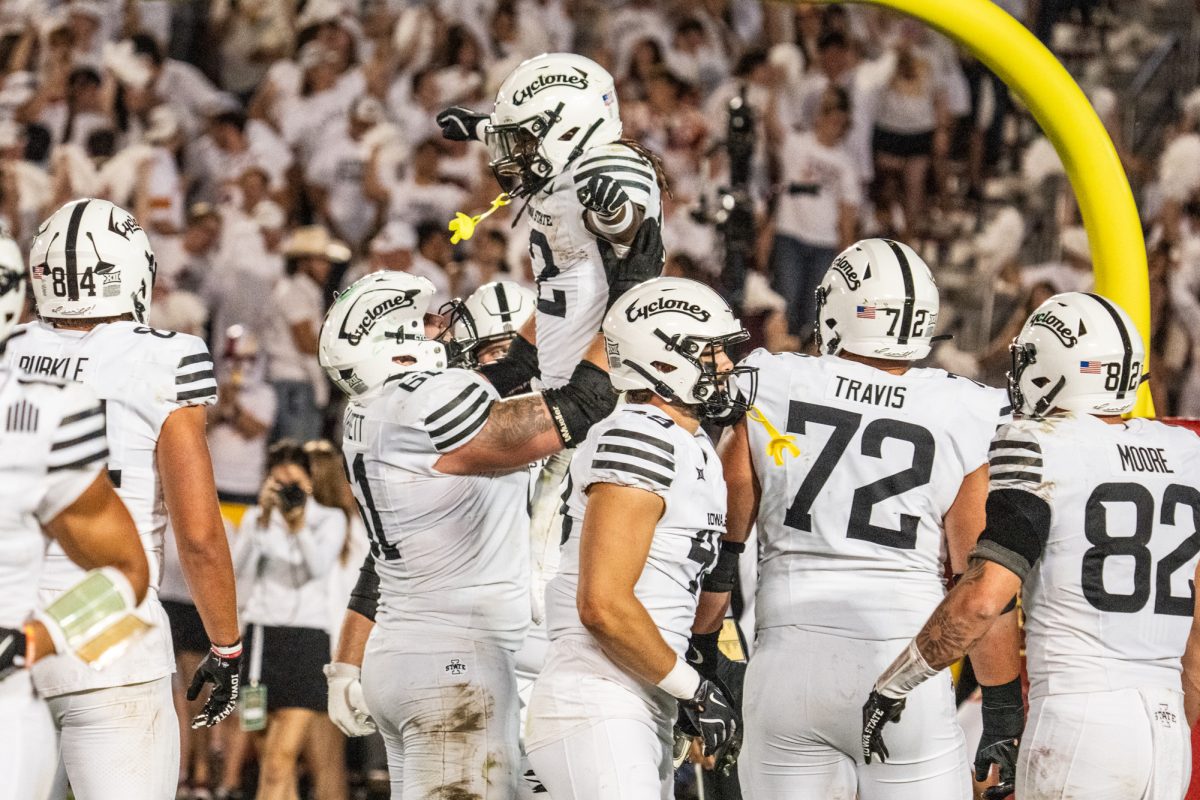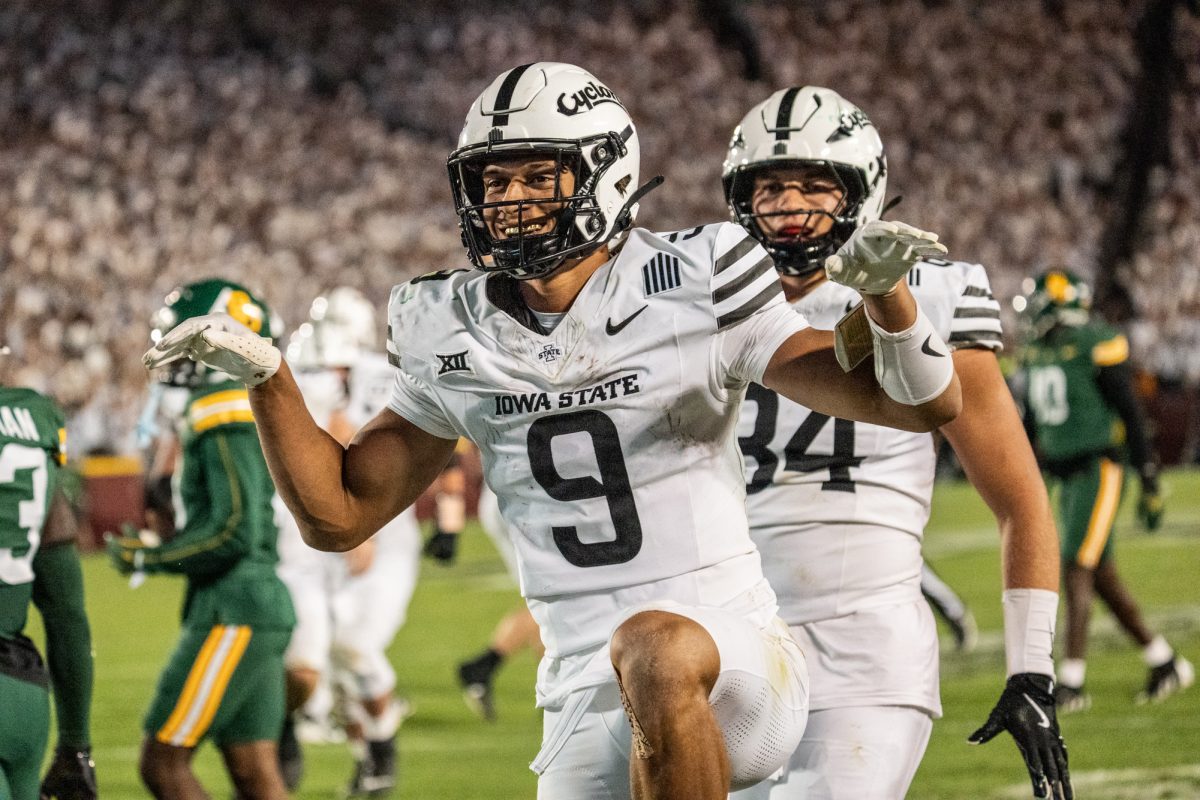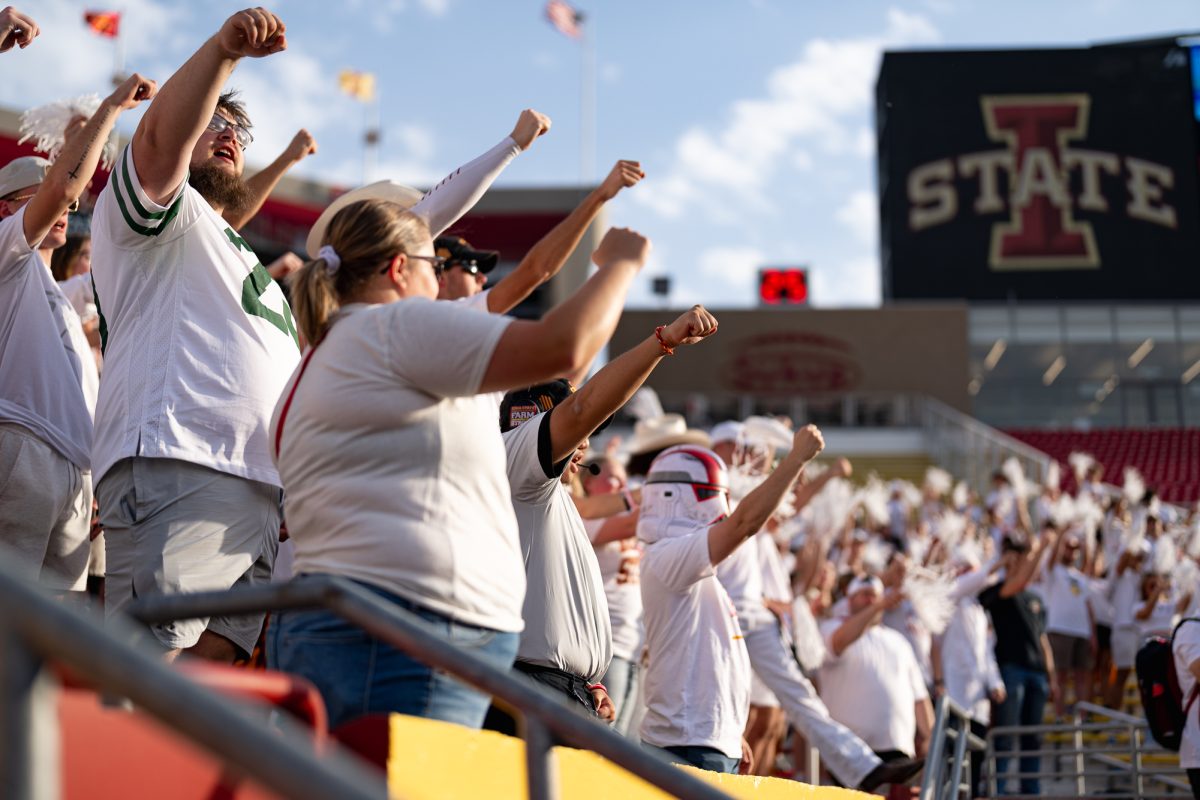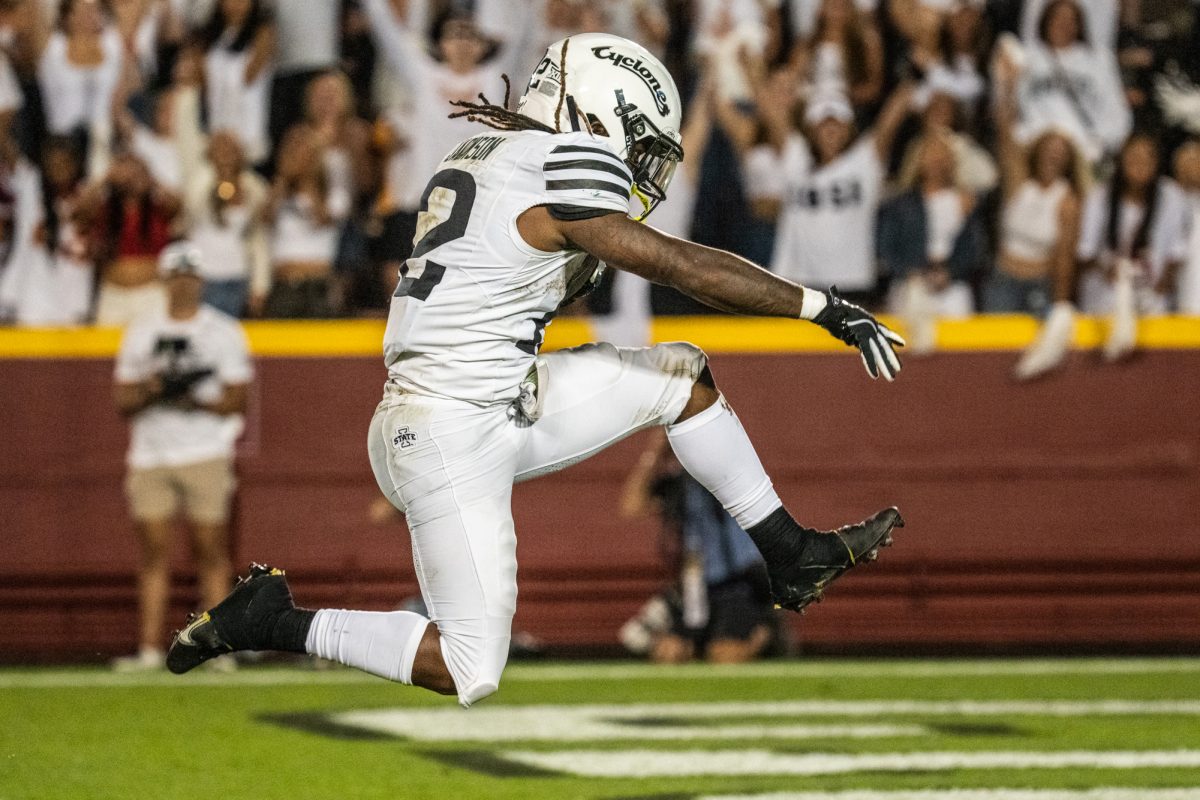Athlete difficulties
April 15, 1999
What I hope to accomplish is to help students build an awareness of some of the difficulties student-athletes have at Iowa State.ÿ
I am a student-athlete at Iowa State, so simply writing my thoughts on paper, and possibly having them published, puts me at risk of being looked down upon.ÿThis dilemma of being in the public eye while trying to be myself is a difficult one.
The sports section of the Daily does an excellent job of covering our basketball season.ÿThat is one of the big benefits to being an athlete at Iowa State.ÿAlong with the coverage of wins and losses comes coverage of “other” activities of our student-athletes.ÿ
During the current school year, numerous student-athlete altercations have been reported in the Daily.ÿMy problem with the coverage has been that almost all of these stories have put our black student-athletes in a negative light.
Student-athletes make up less than two percent of Iowa State’s student population. Do two percent of the stories about Iowa State students pertain to student-athletes?ÿ
For those readers who have kept up with the news around Ames as it relates to Iowa State athletics, it should be obvious that black student-athletes have a monopoly in that area.ÿ
Is it fair that because I am a student-athlete that I should be treated differently by the the press than a “normal” student at Iowa State?ÿ
We’ve been told we need to watch what we do “off the competitive field” because newspapers like the Tribune have an employee who cross-references the police blotter with the university’s athletic team’s lists on a daily basis.ÿ
If I were just another student, this employee would read right over my name and not tarnish it.ÿIs this fair?ÿIs this really what the public wants to read?ÿHas this gone on so long that it really is what the public expects?ÿIf more articles were written about things such as community service, grades, and personal history, it would be much easier to convince people we are role models.
I have a simple solution to what I call a problem of social inequality in Ames and on the Iowa State campus.ÿ
If news like this is “expected” by the readers of the Daily and the Tribune, then could the papers also create an atmosphere where its readers would also expect the many positives things Iowa State student-athletes offer the community.ÿ
Like all college students, we make bad decisions.ÿHowever, our bad decisions are made public much more often than those of other students.ÿ
As I stated above, it is hard for me to speak my mind as a student-athlete without making myself and the athletic department look bad.ÿ
If I were simply a student at Iowa State, my words would be looked at without much bias.ÿIf you can cheer for my three-point shots and rebounds, I hope you can also cheer for my beliefs.
Rodney Hampton
Junior
Sociology






